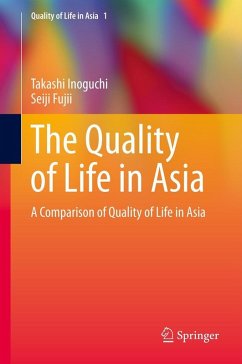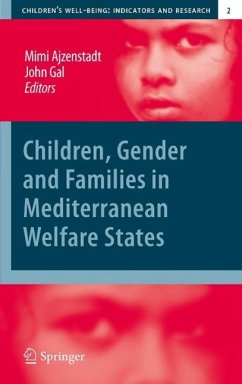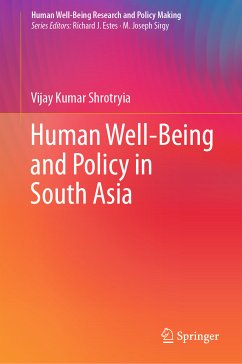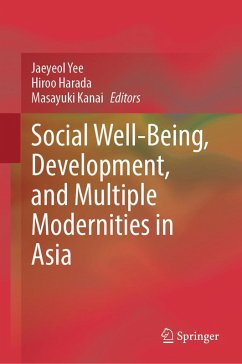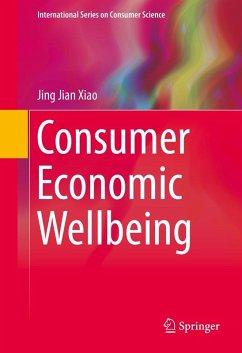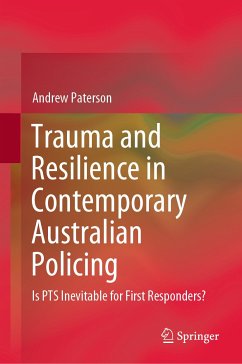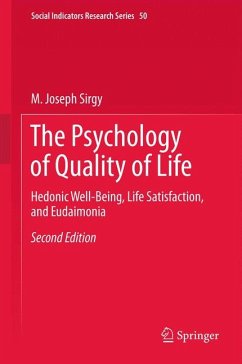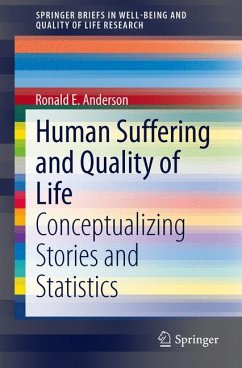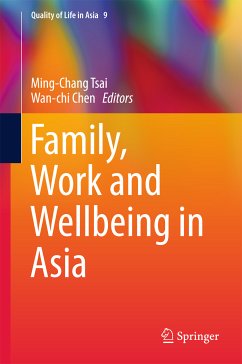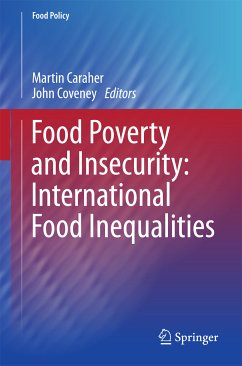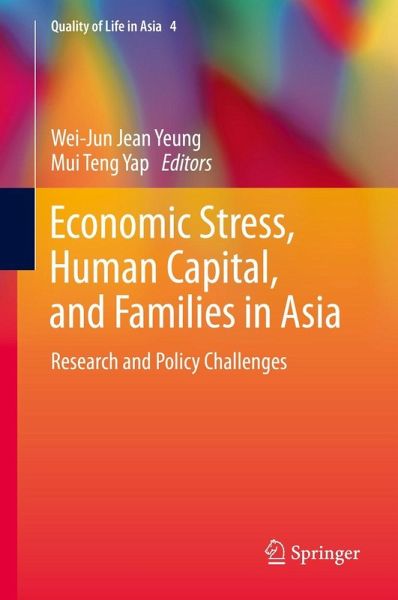
Economic Stress, Human Capital, and Families in Asia (eBook, PDF)
Research and Policy Challenges
Redaktion: Yeung, Wei-Jun Jean; Yap, Mui Teng
Versandkostenfrei!
Sofort per Download lieferbar
72,95 €
inkl. MwSt.
Weitere Ausgaben:

PAYBACK Punkte
36 °P sammeln!
This book presents recent findings about the consequences and policy implications of economic stress for human capital development and family well-being in Asia. The scope of the chapters goes beyond the impact of current financial crisis to include the effect of economic deprivation families in Asia experience as a result of job loss, low-wage employment, and catastrophic natural calamities. The studies show how macro-level economic stress can filter down through households to affect individuals' economic and socio-psychological well-being. The chapters reveal a wide spectrum of economic stre...
This book presents recent findings about the consequences and policy implications of economic stress for human capital development and family well-being in Asia. The scope of the chapters goes beyond the impact of current financial crisis to include the effect of economic deprivation families in Asia experience as a result of job loss, low-wage employment, and catastrophic natural calamities. The studies show how macro-level economic stress can filter down through households to affect individuals' economic and socio-psychological well-being. The chapters reveal a wide spectrum of economic stresses experienced by families in Asia that is linked to poor human capital development, emotional distress, health problems, changing fertility patterns, more frequent geographic movement, and less supportive parenting behavior. The elderly, women, children, low-skilled workers are particularly vulnerable. The economic shocks in the past several decades have exposed the vulnerability of the family institution and the weaknesses in this region's social protection system that can lead to detrimental long-term effects on human capital development. This book is relevant for researchers and students in fields such as Family Studies, Globalization, Development, Social Problems, Social Stratification, Social Inequalities, Poverty and Welfare, Education, and Social Policies.
Dieser Download kann aus rechtlichen Gründen nur mit Rechnungsadresse in A, B, BG, CY, CZ, D, DK, EW, E, FIN, F, GR, HR, H, IRL, I, LT, L, LR, M, NL, PL, P, R, S, SLO, SK ausgeliefert werden.




